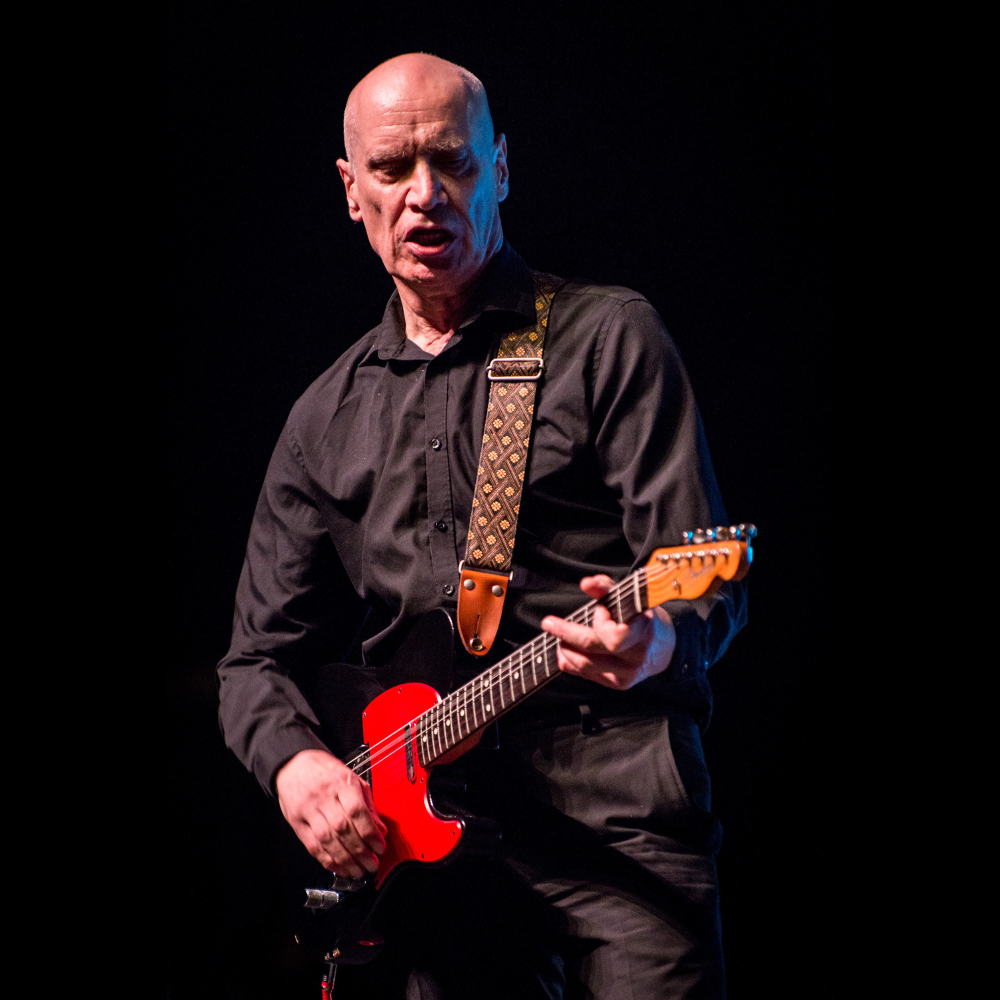
“Everyone got on famously,” says Johnson, “it was a great atmosphere.” Wilko credits the producer, Dave Eringa, with pulling it all together in such a short time.
WILKO JOHNSON TICKETS CRACK
Unfortunate name for a place, but a great studio.”īecause of the seriousness of Wilko’s prognosses, the album was recorded last November in a week, using Wilko’s crack touring band of Blockheads bassist Norman Watt-Roy and drummer Dylan Howe, with ex-Style Council and Dexy’s keyboardist Mick Talbot also guesting. “He knew this lovely little studio called Yellow Fish in Uckfield. “Roger jumped up and said, ‘Let’s do it,’” says Johnson. When The Who finished a sold-out world tour Daltrey was delighted to discover that Wilko was still well enough to fulfil their ambition of making an album together. They decided on the spot it would be a great idea to collaborate together on an album but both being busy men, the idea drifted away. That heavy power trio sound, backing up a singer it’s a British institution. “They’d been a big influence on both our bands. “It turned out we both loved Johnny Kidd & The Pirates,” says Roger, name-checking the turn-of-‘60s creators of Shakin’ All Over and Please Don’t Touch. In 2010 when Roger Daltrey and Wilko found themselves sitting together at an awards ceremony talking about raucous old school British rhythm & blues.


But it was when Julien Temple's award winning Oil City Confidential came out in 2009, with Wilko emerging as the film's star, that the world once again sat up and paid attention to his extraordinary talent. His influence was felt in bands up and down the country, and later in the emergent punk revolution (Joe Strummer of the Clash bought a Tele after seeing Wilko play).įeelgood had four successful albums in Wilko's time, then followed a busy creative period playing in an early incarnation of the Wilko Johnson Band, the Solid Senders, before he joined Ian Dury's band The Blockheads, in 1980.Īll through the '80s, '90s and into the new millennium he continued to gig in the UK, Europe and Japan. With this economic sound, coupled with that black-suited, scowling look, and the yards he covered across the stage pausing only to twist the guitar lead out from under his feet, Wilko became one of the guitar heroes of the era. This allows for chords and lead to be played at the same time, giving a fluency and a distinctive sound very unlike the cleaner swat of a pick. Heavily influenced by legendary guitarist Mick Green from '60s rockers Johnny Kidd & The Pirates, Wilko employs a finger-style, chop-chord strumming action. But no, Wilko was lured into music by the dark magic spun by his first Telecaster, bought from a music store in Southend, Essex, soon after becoming the strutting, grimacing, six-string rhythmic powerhouse behind Lee Brilleaux in Dr Feelgood.įeel good? Audiences certainly did in the mid '70s as Wilko duck-walked his way across countless stages and venues in the UK, with Dr Feelgood in the vanguard of the pub rock movement, performing the gutsy down-to-earth rock and roll that was a welcome antidote to the faltering prog-rock era. The man from Canvey Island, who studied English at Newcastle University before doing a bit of travelling, could have been a retired teacher by now, sucking on a pipe and whittling away at his pension. But despite the doctors' worst predictions he continued to perform and present himself with vigour and a new zest for life.

"I'm supposed to be dead now." So said Wilko in a recent interview, having been diagnosed in late 2012 with terminal pancreatic cancer. The former Dr Feelgood guitarist & Blockhead Wilko Johnson has recently been in the news for lots of non-music reasons.


 0 kommentar(er)
0 kommentar(er)
